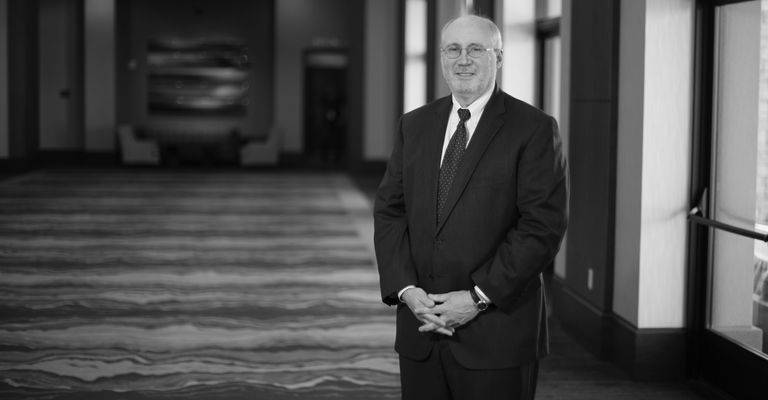BenefitsBCLP
11th Circuit: Claimant's Attorney's Protest Letter Doesn't Constitute Administrative Appeal for Exhaustion Purposes
Nov 14, 2012The Eleventh Circuit Court of Appeals recently issued an opinion that provides guidance on what constitutes an appeal for purposes of exhausting administrative remedies under ERISA § 503. In Florida Health Sciences Center, Inc. v. Total Plastics, Inc. (Nov. 6, 2012), the Court held that a participant’s written protest to the signing of a subrogation agreement did not constitute an administrative appeal of the plan administrator’s claim denial.
The case involves tragic facts. Kristy Schwade’s infant son started to exhibit symptoms of “shaken baby syndrome” when he was five months old. The cause of the condition was ultimately traced to a daycare provider, who later pled guilty to aggravated child abuse. Doctors determined that the child had incurred catastrophic and permanent brain damage, which required hospitalization and continuous medical treatment. The child later died at age four.
For the first two months after the child’s injury, his medical expenses were paid by the ERISA medical benefits plan sponsored by Schwade’s employer, Total Plastics, Inc. Thereafter, the plan administrator sent Schwade a letter explaining that it could not process her claim for benefits unless she signed and returned a subrogation agreement. The administrator’s request was consistent with the subrogation provision in the SPD, which expressly provided that: (i) “if requested,” a participant must “execute documents . . . and deliver instruments and papers and do whatever else is necessary to protect the Plan’s rights;” and (ii) the administrator “has no obligation” to pay medical benefits if the participant “does not sign or refuses to sign” the documents.
Schwade never responded to the administrator’s request for a signed subrogation agreement. In the months that followed, the plan administrator sent Schwade 54 separate Explanation of Benefit (“EOB”) forms showing non-payment of provider claims. Nearly all of those EOB forms explained that the claims were not payable because the plan “needed updated accident information to process [the] claim.” The EOBs provided a phone number and a website Schwade could use to contact the plan administrator, but she never responded to any of the EOBs.
Seven months later, Schwade’s lawyer sent a protesting the plan administrator’s position and complaining that the language of the subrogation agreement was “totally unacceptable.” The lawyer then tried to cut a deal with the plan. In follow-up correspondence, he proposed that that Schwade and the plan split any recovery from a civil action equally (after payment of attorneys’ fees and costs). The plan ignored the lawyer’s proposal.
Tampa General Hospital ultimately sued Schwade for more than $600,000 in unpaid medical expenses. Schwade filed a third-party complaint against Total Plastics, challenging the plan’s denial of benefits. The trial court granted summary judgment to Total Plastics on the grounds that the lawyer’s correspondence did not constitute an administrative appeal, and that Schwade therefore did not exhaust her administrative remedies under the plan.
On appeal, the Eleventh Circuit affirmed the trial court’s grant of summary judgment. It rejected Schwade’s argument that the attorney letters constituted an “appeal,” and it noted that even if the letters could be construed as an appeal, they were sent after the expiration of the plan’s 180-day administrative appeal period.
The late submission of the protest letters from Schwade’s lawyer clouds the real holding in this case. The import of Florida Health Sciences Center is that mere written protests to the signing of a subrogation agreement do not constitute an administrative appeal for exhaustion purposes. In order to exhaust administrative remedies, and thereby preserve a claim for litigation, the claimant should make it clear that he or she is appealing the prior denial of benefits and at least attempt to address the merits of the claim denial. Protestations as to the fairness of an express subrogation requirement will not carry the day.



